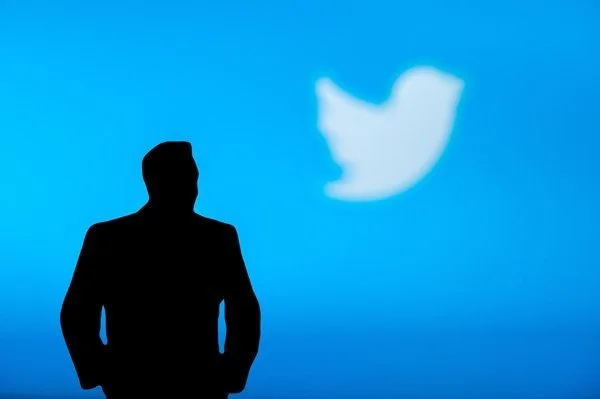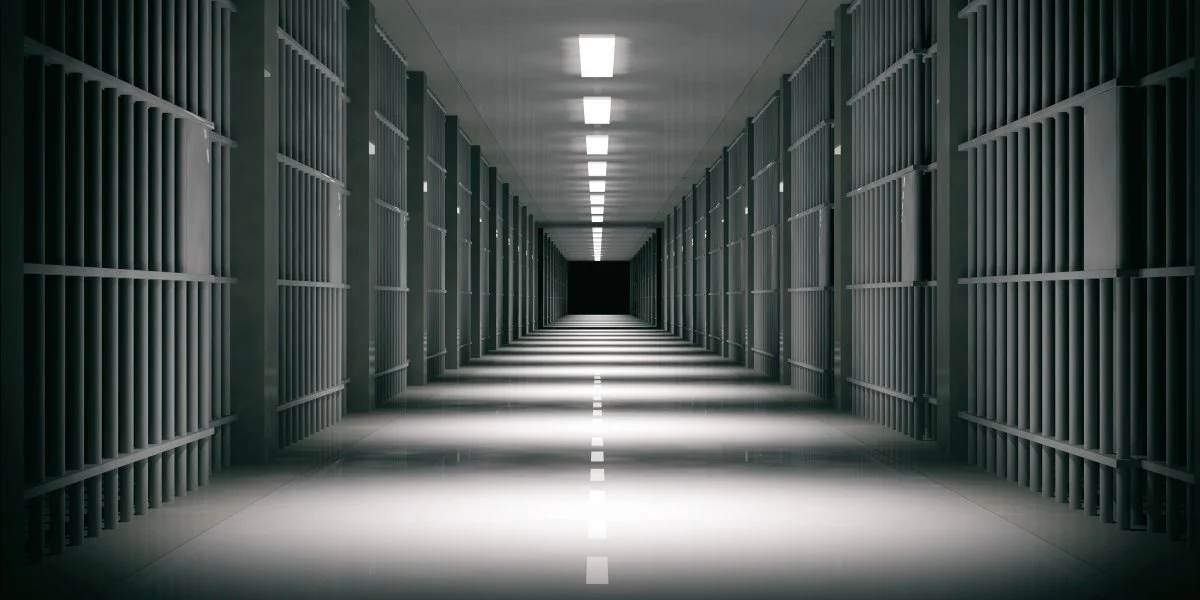Black and Blue
New York Times columnist Jamelle Bouie is at the forefront of the national conversation on police violence and racism. On this episode, he tells us what we might actually do about it.
Twitter Pill
A former editor and columnist turned media scholar discusses Black Twitter, a community that fueled a movement for racial justice and the end of police brutality. And she explains what this story has to say about the need for reparative journalism.
Criminal Laws
University of Virginia historian Deborah Kang unpacks the racist history behind American immigration law. Plus, two federal public defenders tell us how they’re fighting back against a discriminatory system in court — and winning.
Crisis of Faith
The power of white evangelical leaders in the United States has reached a kind of zenith. President Trump helped make their dreams possible — but Sarah Palin before him laid the rhetorical groundwork, historian Anthea Butler says. So did a little-known Supreme Court ruling in 1971.
Locked and Loaded
“A well regulated Militia, being necessary to the security of a free State, the right of the people to keep and bear Arms, shall not be infringed.” Weird commas and all, historian Carol Anderson says the Second Amendment was drenched from the beginning in Black blood.
Threadbare Country
In a tattered corner of rural Kentucky, Eduardo Porter came upon a puzzle. The New York Times journalist saw that while Harlan County was benefiting more than most places from federal tax dollars, its overwhelmingly white residents distrusted the government and feared minorities. Why?
The Prison Pipeline
America incarcerates more people than any country: nearly a quarter of the world’s prison population. And U.S. inmates are disproportionately Black and Latino. Elizabeth Hinton explains how we got here, while Siva and Will consider what hope there is for truth and reconciliation.
Broken Promise
Leah Wright Rigueur calls America a failed state. As a polity, she says, the United States has failed Black people, falling short of its promises of equality and justice. This summer’s protests are a dramatic diagnostic of that failure — the latest in a long history of wake-up calls.









